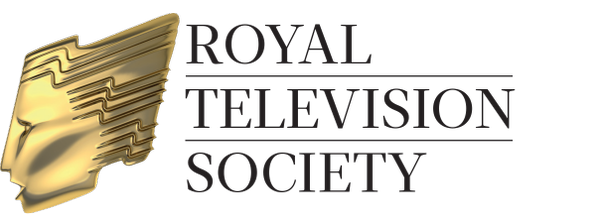How Video is Changing Education for Future Generations



Video has emerged as one of the most powerful tools shaping how we educate future generations. What was once confined to traditional textbooks and classroom lectures has evolved into dynamic, engaging content that captures attention and understanding. The shift towards education video production learning represents a fundamental change in the educational sector, offering new possibilities for both educators and students.
1
The Educational Evolution
Classrooms embrace video content
For many, reflecting on their school years does not generate images of video learning and game-changing technology. The pandemic accelerated what was already a gradual shift towards digital education, forcing institutions to rapidly adopt new teaching methods. Schools and universities now routinely incorporate videos into their curricula, recognising its potential to improve engagement and learning outcomes.
2
Institutional Video Integration
How schools and universities leverage visual content
Staff training videos, recorded lessons and interactive VR experiences have changed everything about modern education. Schools, universities and colleges now produce content ranging from lecture recordings to engaging lesson tip videos. Teachers create personalised video explanations for complex concepts, whilst students access learning materials at their own pace. The flexibility and accessibility of video content has democratised education in ways previously unimaginable.
3
The Rise of Microlearning
Bite-sized content transforms knowledge delivery
Gone are the days where you spent hours over a textbook; video now makes learning quicker and more engaging. Microlearning delivers knowledge through short, focused video segments that align with modern attention spans. These condensed learning modules prove particularly effective for skill-based training. The format allows learners to absorb information without feeling overwhelmed, making different subjects more approachable and digestible.
4
Social Media as an Educational Platform
Professional expertise meets content creation
The rise of social media marketing has meant many of us can now learn whilst scrolling through our feeds. Qualified professionals are transforming into content creators, bringing educational clips directly to audiences who might never have sought formal learning opportunities. Platforms like TikTok and Instagram have become unexpected classrooms where complex subjects are explained in under a minute. This shift has created new pathways for knowledge sharing & expert insights.
5
Enhanced Engagement and Retention
Visual learning captures attention and improves outcomes
Video content addresses multiple learning styles simultaneously, combining visual, auditory and sometimes kinaesthetic elements. Students demonstrate higher retention rates when information is presented through video compared to traditional text-based methods. The medium allows for creative storytelling, real-world examples and interactive elements that make tough concepts tangible. Educational videos can pause, rewind and replay complex explanations, giving learners control over their learning pace.
6
Future Implications for Education
Video technology shapes tomorrow's learning experiences
The integration of video in education continues to evolve with emerging technologies like augmented reality and artificial intelligence. Virtual classrooms now connect students across continents, whilst personalised video content adapts to individual learning preferences. As bandwidth improves and technology becomes more accessible, video-based education will likely become the standard rather than the exception.
Conclusion
Video has fundamentally transformed education, creating new opportunities for engagement, accessibility and knowledge retention that traditional methods simply cannot match. From institutional adoption of digital learning platforms to the emergence of social media as an unexpected classroom, visual content has democratised education and made learning more engaging than ever before.
At Ark Media Group, we understand the transformative power of video in education and beyond. Our expertise in video marketing ensures your message reaches audiences effectively across all platforms. Contact our team today to create some engaging educational videos for your institution!
